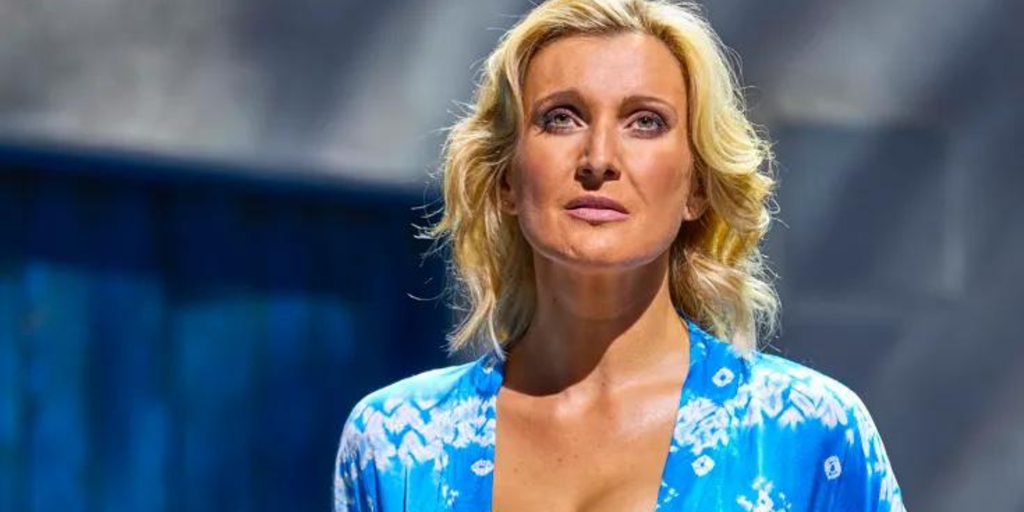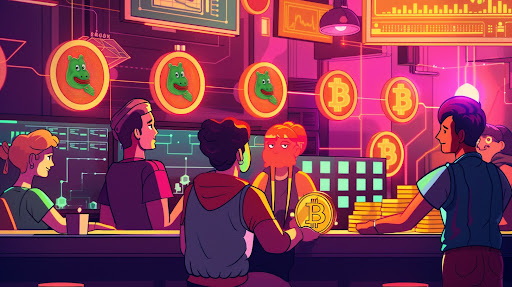The Impact of Artificial Intelligence on the Entertainment Industry
Stage and voice actress Sara Poyzer recently faced a harsh reality when she received an email from a production company informing her that her services were no longer needed by the BBC. The reason? The broadcaster had decided to replace her with an AI-generated voice. This news was both surprising and sobering for Poyzer, who took to social media to share her experience and express her disappointment.
Reactions and Responses
Upon learning about Poyzer’s situation, her fans and fellow actors rallied around her, offering words of support and calling for action. However, despite the outcry, representatives for Poyzer remained tight-lipped, declining to comment on the matter. Meanwhile, the BBC confirmed that it would be utilizing AI technology to narrate a sensitive documentary, signaling a shift in the entertainment industry’s approach to storytelling.
The decision to replace human talent with artificial intelligence is not new, as evidenced by the BBC’s previous use of generative AI to create marketing images for shows like Doctor Who. While the broadcaster defended its actions, citing compliance processes and the need to adapt to changing technologies, the controversy surrounding the issue continues to grow.
The Role of AI in Content Creation
The rise of AI tools like Runway, Murf, and OpenAI’s Sora has revolutionized the creative landscape, allowing for the generation of images, music, video, and audio at unprecedented speed and scale. Voice cloning, in particular, has become a contentious issue, with OpenAI’s Voice Engine capable of replicating a person’s speech patterns with just 15 seconds of recorded audio.
As the entertainment industry grapples with the implications of AI technology, questions arise about the future of human creativity and expression. While AI offers undeniable benefits in terms of efficiency and accessibility, the impact on individual artists like Sara Poyzer highlights the need for greater transparency and ethical consideration in the use of these cutting-edge tools.
In conclusion, the intersection of artificial intelligence and the entertainment industry presents both opportunities and challenges. As stakeholders navigate this rapidly evolving landscape, finding a balance between innovation and human-centered storytelling will be essential to ensuring a vibrant and diverse creative ecosystem for generations to come.
Image/Photo credit: source url





